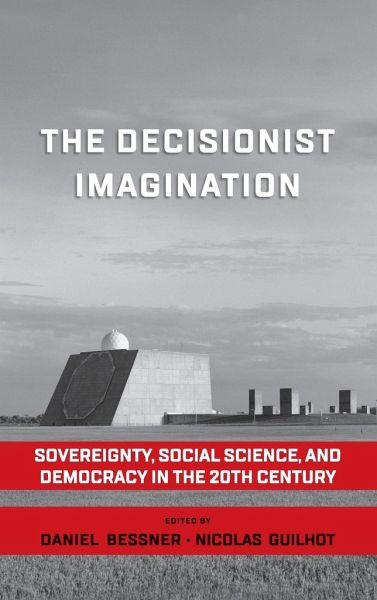
The Decisionist Imagination
Sovereignty, Social Science and Democracy in the 20th Century
Herausgeber: Bessner, Daniel; Guilhot, Nicolas
Versandkostenfrei!
Versandfertig in 1-2 Wochen
131,99 €
inkl. MwSt.

PAYBACK Punkte
66 °P sammeln!
This is the first volume to explore decisionism beyond the thought of Carl Schmitt. This is the first volume to trace how decisionism impacted the social sciences in the trans-Atlantic context of the United States and Europe. This is the first volume to explore decisionism from an interdisciplinary perspective.












